Borrower Overview
TriLinc has provided financing to a New Zealand-based vertically integrated log exporter engaged in the coordination and management of harvesting logs, transporation, road-building for new plantations, fumigation, port storage and bulk vessel chartering. Established in 2004, the borrower remains the only dedicated exporter of logs from New Zealand to India. The borrower owns and manages approximately 3,445 acres of sustainable pine plantation in the Marlborough Sounds and Pouto Peninsula of New Zealand and has expanded its business operations to export forest products to various countries around the world, including China and the Middle East. TriLinc’s financing will support the acquisition of stumpage rights to harvest timber from sustainably managed timber plantations that operate in accordance with the New Zealand Resource Management Act and Environmental Code of Practice for Plantation Forestry. The majority of third party harvest contractors and workers are sourced from the Maori tribes and local communities and it is expected that the ongoing harvesting and management of these assets will provide economic incentives to the local population through increased employment and commercial opportunities. The harvest will be shipped to India, where the timber sector is growing rapidly due to an increase in construction activity, coupled with rising consumerism, which has put a strain on domestic supply and driven the demand for scalable, sustainable import solutions.
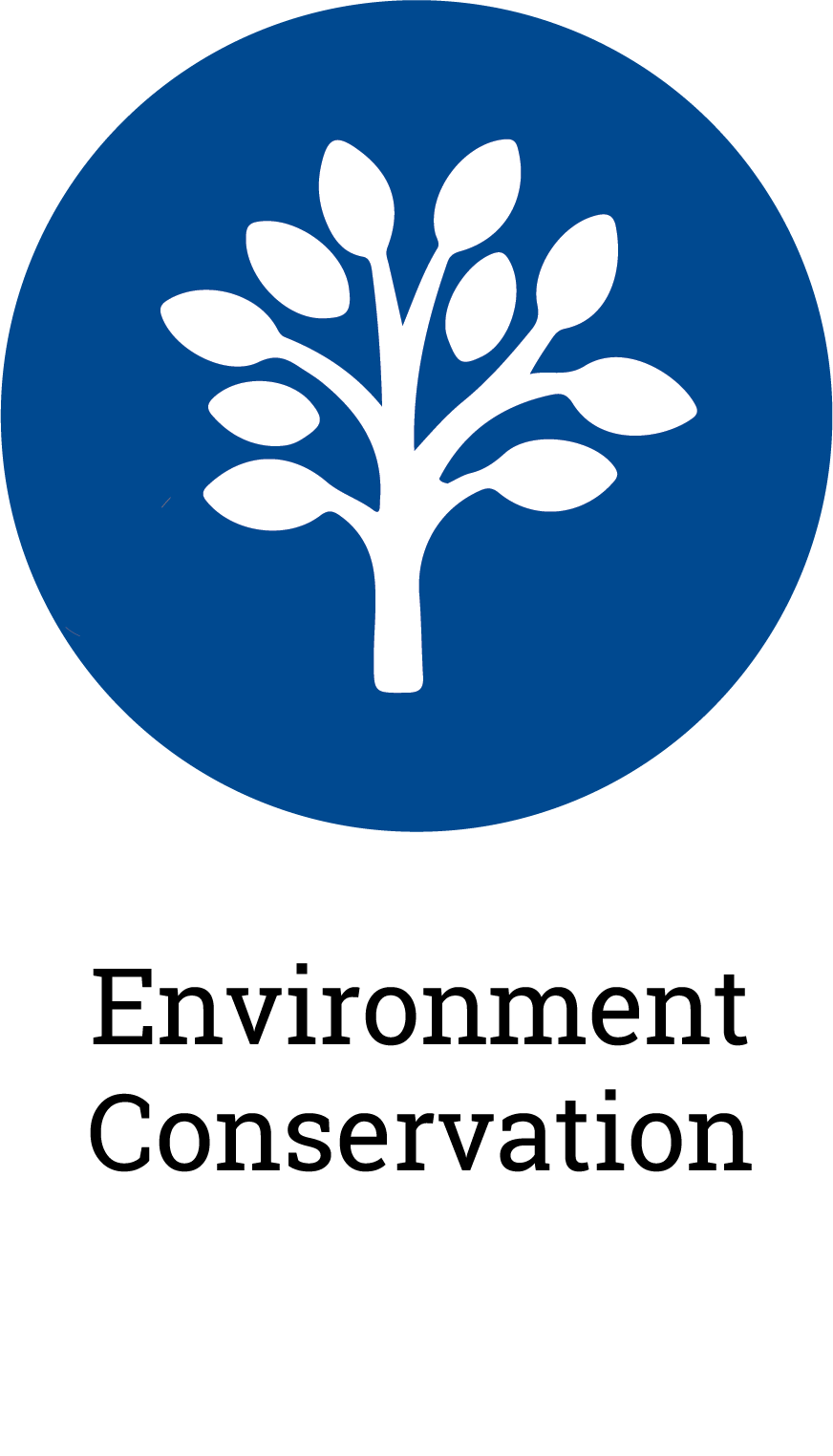 |
 |
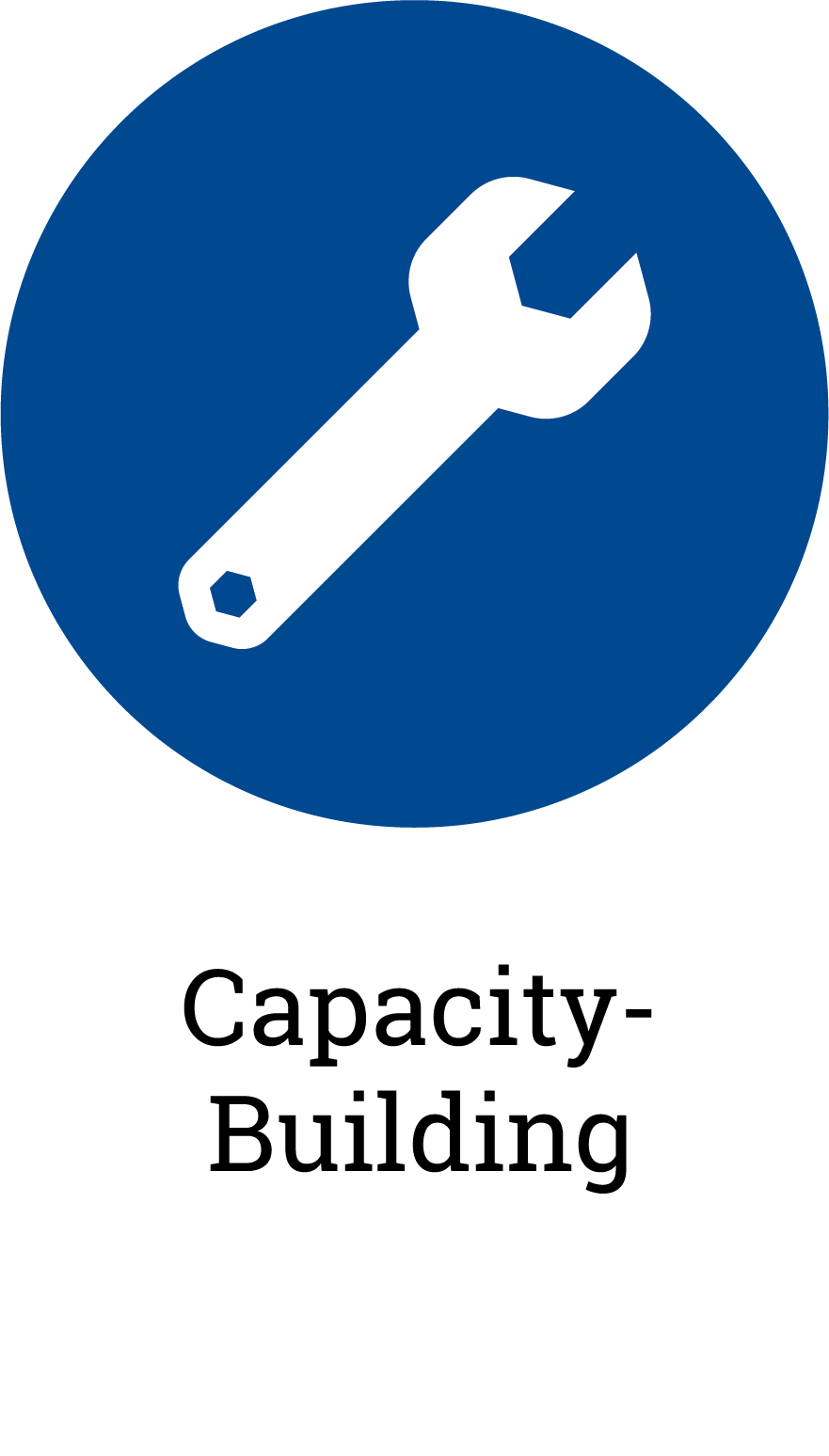 |
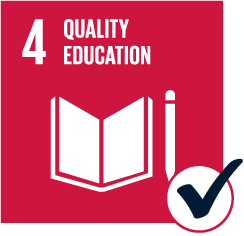 |
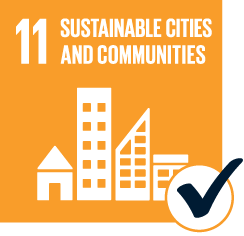 |
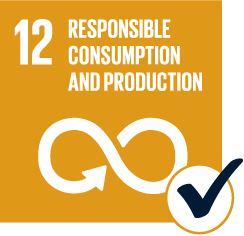 |
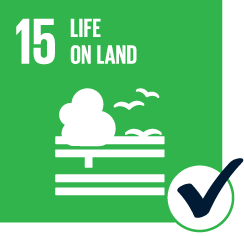 |
Market Overview

New Zealand is classified as a high-income country by the World Bank.1 Between 2010 and 2016, GDP growth rates averaged approximately 2.6%.1 Although New Zealand is a small player in the international forestry industry, contributing only 1.1% of the world’s total supply of industrial wood and 1.3% of the world’s trade in forest products, forestry is a significant industry in New Zealand.2 It contributes to an annual gross income of approximately $5 billion, 3% of the national GDP, and directly employs about 20,000 people.2 Moreover, in early 2015, based on the New Zealand Standard for Sustainable Forest Management, New Zealand became a member of the Program for the Endorsement of Forest Certification (“PEFC”) alliance, and later that year, received the PEFC endorsed certification, the most trusted forest certification label globally.3 New Zealand’s main exports are concentrated in dairy products, meat and edible offal, logs and wood articles, fruit, crude oil, and wine.4 Conversely, the country’s main imports are focused in petroleum and products, mechanical machinery, vehicles and parts, electrical machinery, and textiles.4
Although New Zealand does not meet TriLinc’s country standards due to its high-income status, an expectation was made for this borrower’s high impact in India, a country that meets TriLinc’s standards for its performance across relevant growth, stability, and access metrics.5 The borrower is engaged in the development of a timber park near Mundra Port in India, through which it will be an anchor supplier of logs, lumber, and other timber raw materials. This industrial park will enable global participants to establish a world-class timber sector value chain through manufacturing, logistics, and design operations, supported by scalable sources of raw materials from stable supply markets like New Zealand, USA, and other countries.
Additional Sustainability & Impact Highlights
- In an effort to give back to its local community, the borrower regularly sponsors and donates towards various community and charitable events, including the Maori Youth Initiative, an organization supporting the youth in the plantation areas.
- Under each stumpage sales agreement, the borrower is required to implement a safety management plan and hazard identification plan, and ensure that all of its employees, third-party contractors, subcontractors, and agents’ operations are carried out in accordance with the logging industry’s Approved Code of Practice for Safety and Health in Forest Operations.
- The borrower must perform specific post-harvest operations to preserve the condition of the harvested land, including removing machinery, reinstating water flows, and installing sediment traps, among others. In many cases, the borrower is also liable for any environmental performance breaches of the harvest plans, resource consent, and land management plan.
1The World Bank, World Development Indicators Database, New Zealand, 2017. 2Ministry of Primary Industry, New Zealand, 2017. 3The Programme for the Endorsement of Forest Certification, New Zealand, 2017. 4CIA, The World Factbook, 2017: New Zealand. 5There is no assurance that our investment in this company or this market will be successful.
The above information is as of the initial date of investment: August 10, 2017.
RISK FACTORS
There is no guarantee that TriLinc’s investment strategy will be successful. Investment in a non-listed LLC involves significant risks including but not limited to: ownership is restricted; no secondary market; limitation on liquidity, transfer and redemption of ownership interest; distributions made may not come from income and, if so, will reduce the returns, are not guaranteed and are subject to management discretion. TriLinc selects investments and conducts operations on behalf of its clients, and will face conflicts of interest. Investment with TriLinc is not suitable for all investors. Securities Offered through CommonGood Securities, LLC, a member of FINRA and SIPC.
An investment with TriLinc carries significant fees and charges that will have an impact on investment returns. Information regarding the terms of the investment is available by contacting TriLinc. This is a speculative security and, as such, involves a high degree of risk. Investments are not bank guaranteed, not FDIC insured and may lose value or total value. Some investments may have been made in an investment vehicle that is no longer open for investment. The highlighted investment may or may not have been profitable. There is no guarantee that future investments will be similar.
Want to learn more? Contact Us.
